The Burnout Myths That Are Sucking the Life Out of Us
I enrolled in technical writing during my junior year at Texas A&M University for two very superficial reasons: 1) It fulfilled one of many English credits without forcing me into discussions on literature I didn’t really understand; and 2) It met in a building directly across the street from Chipotle. (I’m a sucker for burrito bowls, y’all.) So, imagine my surprise when I was introduced to something I now understand to be invaluable: the concept of whitespace.
Whitespace is simply the portion of the page left unmarked. It’s the principle that keeps designers from covering every inch of a document with words and pictures. Whitespace leaves separation between the content, it makes what’s most important stand out, and it creates visual balance.
Are you seeing the life-lesson here?
In our minds, “adulting” somehow translates into filling up every minute of every day. We constantly chase the next thing on our calendars or to-do lists - most of which are good things: our children’s extracurriculars, work responsibilities, church commitments, volunteer opportunities, social gatherings. And then there’s all the stuff we have to do to just operate actual life: grocery shopping, errands, doctors appointments, and the list goes on and on. When a quiet moment - however rare it may be - does come, we feel the need to take care of one more thing or hammer out one more email.
The question isn’t whether what we are doing is good or bad, it’s whether or not we are doing the right things for right now.
Sometime ago, my life ran out of space to the point I felt like I couldn’t breathe. Even though I wholeheartedly loved Jesus, my family, and my job, I felt like I was drowning from the inside out, and it took some time to figure out why. Simply put, my life didn’t have any whitespace. It took me a long time to realize I wasn’t alone.
If you are where I was - or even if you’ve just been there before - please know you aren’t alone.
Last week, I sat with a tearful working mom who was just plain battle weary - totally exhausted from trying to juggle all the things and doing her best to tend to all the people. When I asked about her plan to refuel her soul, she laughed. She said what so many of us are thinking: “When it comes down to it, I believe self-care is selfish.”
I recently sat with an overwhelmed nonprofit executive director who stepped into a tall-order-of-a-role two years ago. She leaned toward me as she humbly asked, “Am I doing this right? Am I going to have to work 60 hours a week for the rest of my life?” When I asked if she said any hobbies, she perked right up and explained how much she loved tennis, but sighed deeply as she confessed it’s been two years since she played.
I could go on and on just from conversations in the last six weeks with working moms, executives, and ministry leaders who have hearts of gold, but daily feel stretched too thin.
Friends, we need to wake up. We need to snap out of it. We need to realize the breakneck speed we hold up as the standard to strive for is sucking the life out of us.
Without breathing room, the treasures of our lives feel like inconveniences. By doing more, we are actually offering less.
Living without whitespace for extended periods of time is a fast-track to burnout. So, why don’t we see it? I think we’ve believed some serious myths, and they’re blinding us.
Burnout Myths
Self-care is selfish. There have been seasons I didn’t have the courage to admit this belief out loud, but my behavior (and calendar) said enough. I’m learning to view self-care as an investment.
It’s just a pace problem. If only it were this simple - all we’d need is a red pen to start crossing things off our lists and calendars. Don’t misunderstand - that may be exactly where you need to start, but don’t miss posture of your heart. I’ve seen people mask the deeper issue by making dramatic life-changes - leaving jobs and changing careers, moving cities or houses, changing churches. The cover-up works for a while. But, below the surface, where are we putting the weight of responsibility for our lives? In whose power are we trusting? If Jesus isn’t truly dead-center, the burden will always feel too heavy.
I’m not at risk. It’s easy to assume we are the exception. We aren’t. I’m not. You’re not.
I’m too young/old. Burnout isn’t about age. Being young doesn’t protect you, and getting older doesn’t mean you outgrow the risk.
So. Where do we go from here? The first step is some self-reflection and a little gut-level honesty.
What myths are your believing? (Spend a little time contemplating the list above.)
Then, honestly evaluate your energy level. Here are some visuals to get you started. (And, you know I’m going to find every opportunity possible to use coffee as a metaphor…you are welcome.)
I’d love to hear from you - you aren’t alone here! Feel free to join the conversation by sharing as much or as little as you’d like in the comments below.
In case this conversation leaves you asking for a plan of action - don’t worry - we’ll get to that next time. Stay tuned! And if you can’t wait that long, here’s a good starting place from a post I wrote a few months ago.
Until next time - here’s to more whitespace and breathing room!
ps. The first portion of this post comes from my book, IMMOVABLE: Reflections to Build your Life & Leadership on Solid Ground. Haven’t read it yet? Grab a copy!




